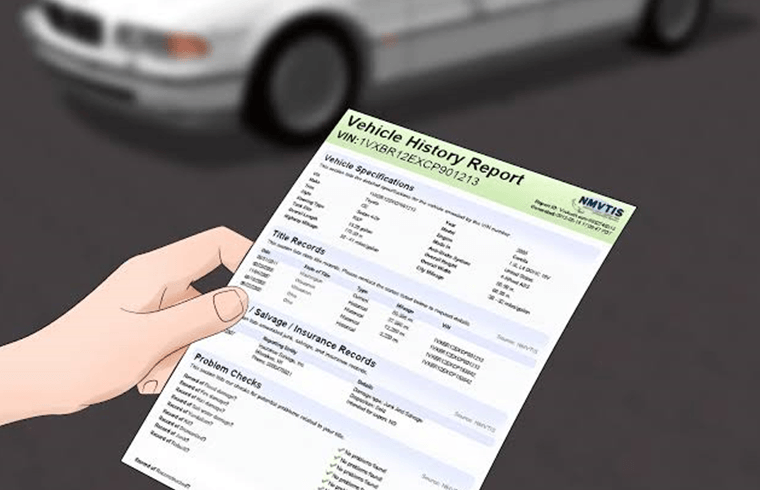You must have heard about the proverbial phase that tells you to make lemonade when life gives you lemons. But it’s hard to deal with a lemon car. Buying an automobile is one of the most expensive investments that people make in their life. So nobody would want to have a dud. But what to do if you end up buying a lemon car?
Fortunately, there are laws out there to protect consumers from this unfortunate event. If your new vehicle is giving you a sour experience, there are ways to turn it into a sweet affair.
Contents
What is a Lemon Car?
A lemon car is a new vehicle that has a significant faults that the automaker cannot fix within a specific period. All states in the USA have lemon laws and a few states cover used lemon vehicles too.
Remember that the terms ‘significant faults’ and ‘specific period’ can vary from state to state.

For example, Michigan allows consumers to ask for a refund or replacement if the automaker fails to fix the same problem after trying four times. Alternatively, you can make the claim if the repair work takes more than 30 days.
However, there is a catch. Your claim will be valid only if that kind of issue appears within the warranty period or one year of the vehicle purchase date, whichever comes first.
What to Do After Buying a Lemon Car?
If you have problems with the car when it’s still new and the manufacturer or dealer cannot fix it within the period specified in the lemon laws in your state, follow these steps to recoup your money.
Some states get the consumers covered even they have accidentally bought a used lemon car, but that is a different discussion.
Keep the Paperwork
Buying a lemon car is a matter of bad luck. If you have one, unfortunately, the things that may get you out of this mess are some necessary documents.
You must provide the service records of your vehicle to get rid of the car and redeem the money from the manufacturer or dealer. These documents are vital to prove that the car is defective.
Keep copies of correspondence with the dealer or the automaker. The receipts of repairs are the most important, as they will help to prove the timing of the servicing.
Always take the car to your dealer when it needs repair work; otherwise, you will void the warranty.
SEE MORE
Make Your Claim
When you become sure that your car is a lemon, follow the state laws. Send a formal letter with all servicing proofs to the automaker company, asking for your preferred remedy.
There is no need to sue the company straight away. Most manufacturers have an arbitration program to settle cases like this one. If they offer negotiation, it will be wise to sit with their representatives because going to the court should be the last resort since the whole legal procedure will take a reasonable amount of time and money.
But you need to go to the court if the negotiation falls apart. In that case, hire an experienced lawyer to increase your chance of winning. If the verdict comes in your favor, you will get a refund or a replacement car besides all the expenses for running the case.
The arbitration is unlikely to offer such a good deal, but you should still consider accepting it. Taking the matter to the court does not guarantee a win because the manufacturer will definitely have expert lawyers on their side. Also, a case can take four to five years or more to get resolved. Do you have that much money to run it for years and energy to pursue your claim?
How to Avoid Picking a Used Lemon
The automakers can buy the defective vehicles back under the lemon law. They are legally eligible for auctioning these vehicles, which means these lemon cars can end up in the used car market.
In that case, you will need to pay attention to two things whenever buying a used automobile: the vehicle’s ownership and service records.

It is a major red flag if the title history suggests that the manufacturer has sold it twice. Another alarming issue is repairing the same problem multiple times within the warranty period. Avoid these two things and you can avoid buying a used lemon.
Some states (total six) have laws for buying a used lemon car. Each of them has different criteria for the vehicle to be valid for coverage. Check your state’s lemon laws if you are unfortunate enough to buy a used lemon vehicle.
Buying a lemon car is an unfortunate event, but you can still get out of this problem and overcome the financial hurdle by following the right legal procedures.



